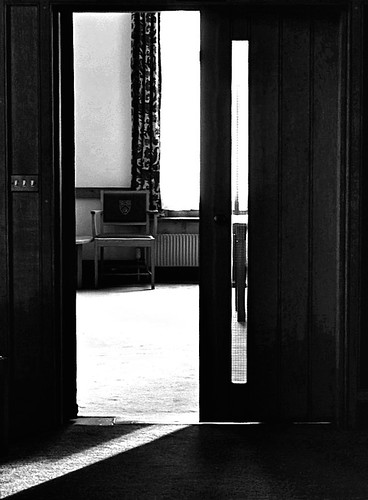Those who are salivating about Apple’s new tools for creating iTextbooks ought to first of all have a read of this.
For nearly two years, Apple has wooed digital book publishers and authors with its unconditional support of an open, industry-leading standard. (The EPUB standard is managed by the International Digital Publishing Forum [IDPF], of which Apple Inc. is a member.)
With last week’s changes, Apple is deliberately sabotaging this format. The new iBooks 2.0 format adds CSS extensions that are not documented as part of the W3C standard. It uses a closed, proprietary Apple XML namespace. The experts I’ve consulted think it deliberately breaks the open standard.
I’m inclined to agree. Like Mr Bott, I see this as a variant of Microsoft’s old strategy of “embrace, extend and extinguish”.




